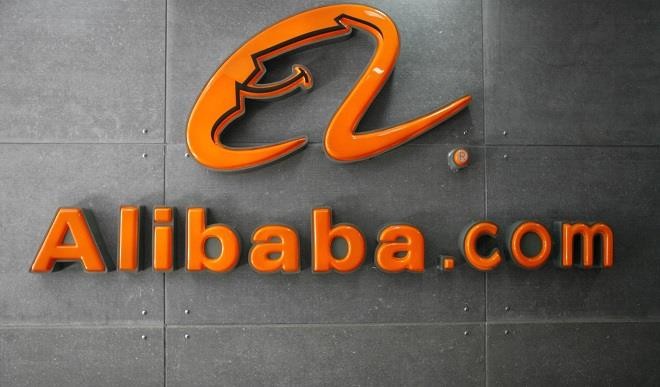City Brain AI tames urban problems in China
It is no longer news that the interest in Artificial Intelligence (AI) is exploding all over the world, and although AI might have been innovated in the West, it is in China where you’ll find real implementation of the innovation. Thanks in part to the huge population of China and the apparently less stringent data […]

It is no longer news that the interest in Artificial Intelligence (AI) is exploding all over the world, and although AI might have been innovated in the West, it is in China where you’ll find real implementation of the innovation. Thanks in part to the huge population of China and the apparently less stringent data protection laws. The City Brain project of the Chinese company Alibaba, which started out in October 2016 in the city of Hangzhou in Zhejiang province where Alibaba’s headquarters is located, aims to create a cloud-based system where information about a city, including all its inhabitants, is stored and used to control the city.
The control is carried out by AI wherein large amounts of data are gathered and processed by cloud-executed algorithms in supercomputer clusters. The results are fed back into systems around the city. In the current deployment in Hangzhou, Alibaba Cloud provides the software, while the city owns the data.
China is presently quite favored to massively implement AI when compared to any other country in the world. In fact, the three high tech companies: Baidu, Alibaba, and Tencent, collectively referred as “BAT,” are making humongous gains in AI. This is significantly due to the commitment of the Chinese government to becoming the dominant player in AI in the world, reportedly with huge financial investments to make this a reality. The country reportedly has a plan to build a $1 trillion AI industry by Year 2030. Artificial Intelligence requires (training) data, which is abundant in China by virtue of a population of 1.4 billion people. Thus, the combination of three factors – heavy investment by the Chinese government, huge and willing population, and the less stringent personal data protection regulations – helps the attainment of Chinese government’s AI goal.
The motivation for City Brain is well articulated in an article published in China Daily on 2 November 2017 by Dr. Wang Jian, the Chairman of the Alibaba Group Technical Committee. Here is an excerpt from the article: “In the past 20 years, China has continuously invested in the development of urban information. In particular, the public security and traffic police departments have always been at the forefront of data accumulation. But without the help of machine intelligence there has always been limitations in the use of this data. For example, the amount of video recorded by traffic cameras in a single city in one day would take a single human over 100 years to watch, which means most of this data is either deleted or stored, never to be used.” This statistics is quite compelling in terms of the need to search for ways to process the huge data.
Jian continues, “When I first heard this statistic, I felt like the farthest distance in the world was not from Antarctica to the North Pole, but from traffic lights to traffic cameras. They are both on the same pole but they do not share data, meaning that traffic operations cannot be optimized using the traffic information recorded by cameras. This is a clear waste of urban data resources and increases the cost of urban operations and development. It was in answer to situations like this that at the Yunqi Conference in Hangzhou last year, the world’s first City Brain was announced to be in operation, in the same city.”
Here are some real results from actual deployment of City Brain in Hangzhou: “In October of 2017, at the Cloud Conscious General Assembly, data from the past years operation of Hangzhou’s City Brain was shared. It showed that the optimization of time distribution for the 128 junctions connected to traffic data reduced the overall passage time by 15.3%. Also, in the center of the city, the automatic alarm for criminal activity was raised 500 times daily, with an accuracy rate of 92%, greatly improving the direction of law enforcement. Currently, the Hangzhou traffic police division is using the City Brain to optimize traffic lights in the main metropolitan area and provide immediate dispatching decisions. In addition, Xiaoshan District was able to give priority to special vehicles, including over 120 ambulances. Once an emergency call had been received, the City Brain automatically optimized a traffic light route from the ambulance to the accident, using traffic data, while still reducing the impact on other traffic. On average, this cut ambulance arrival time in half.”
Here are a few additional capabilities of Alibaba’s City Brain: a) Ability to see every car in the city of Hangzhou, and constantly monitor video footage of traffic, looking out for signs of collisions or accidents in order to alert the police, b) ability to cover all 420 square kilometers of urban areas in greater Hangzhou city, c) optimization of the operation of 1,300 traffic lights at intersections and connecting 4,500 traffic monitoring video cameras. It is remarkable to know that City Brain isn’t just connected to Chinese authorities – to notify them when there’s an emergency or a crisis that needs handling, – it’s also connected to all the phones of the 9.5 million inhabitants of Hangzhou – to inform them of traffic and weather conditions in real-time.
